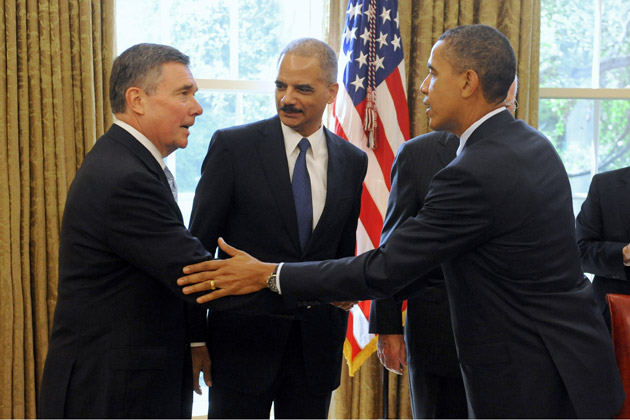
When the Obama administration released its 2013 Drug Control Strategy recently, drug czar Gil Kerlikowske called it a “21st century” approach to drug policy. “It should be a public health issue, not just a criminal justice issue,” he said.

When the Obama administration released its 2013 Drug Control Strategy recently, drug czar Gil Kerlikowske called it a “21st century” approach to drug policy. “It should be a public health issue, not just a criminal justice issue,” he said.

“I’ve always loved getting clean,” says Piper Chapman, at the beginning of the first episode of “Orange Is the New Black.”

The GOP-controlled House surprised just about everyone when it voted 218 to 189 for a pro-medical marijuana amendment on Friday. The amendment, tacked onto the much larger criminal justice funding bill (H.R. 4660), would prohibit the Department of Justice (DOJ) from using federal taxpayer funds to interfere with medical marijuana laws in 22 states that have passed them.
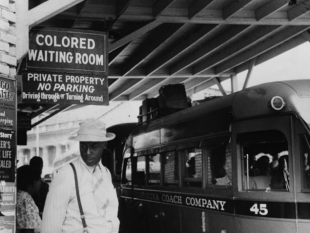
“The past is in the past; it’s time to move on.”
That’s a common response to Ta-Nehisi Coates’ eloquent essay in The Atlantic, “The Case for Reparations,” and his recent discussion with Bill Moyers.
Staying out of prison. That’s my response to those who wonder why I push myself, unmercifully. Keeping busy takes my mind off injustice. So, for now, that’s why I am in France.
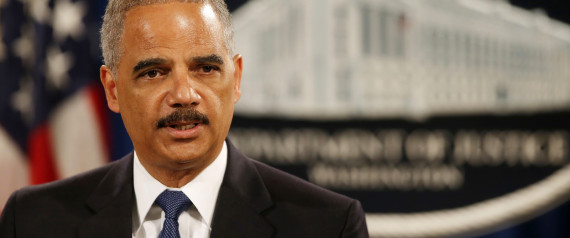
WASHINGTON — The Justice Department is formally backing a proposal being considered by the U.S. Sentencing Commission that would shorten the amount of time that federal drug offenders currently behind bars would have to spend in prison.

In her eulogy to the beloved and distinguished actor, playwright and activist Ossie Davis…

As Brazilians opposed to outrageous sums of public money spent on preparations for the upcoming World Cup protest with marches and strikes…
This article explains how the United States is exporting its model of mass incarceration and social and political control to at least 25 countries.
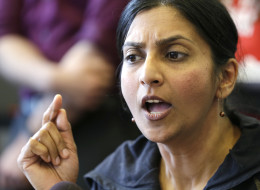
On Monday afternoon, as the Seattle City Council was poised to pass a historic minimum wage hike, Kshama Sawant wasn’t quite ready to relish the imminent victory.
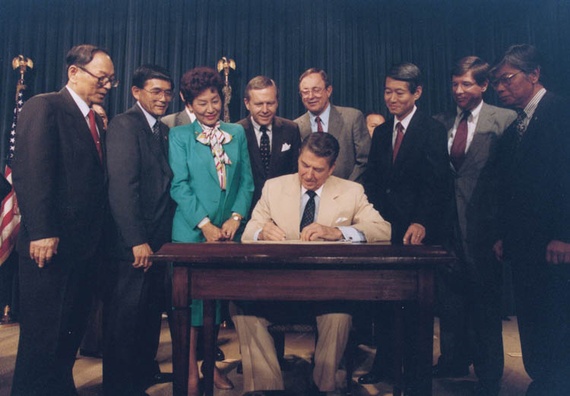
President Ronald Reagan signs the Civil Liberties Act of 1988. The Act granted reparations to Japanese-Americans interned during World War II. (Ronald Reagan Presidential Library And Museum)
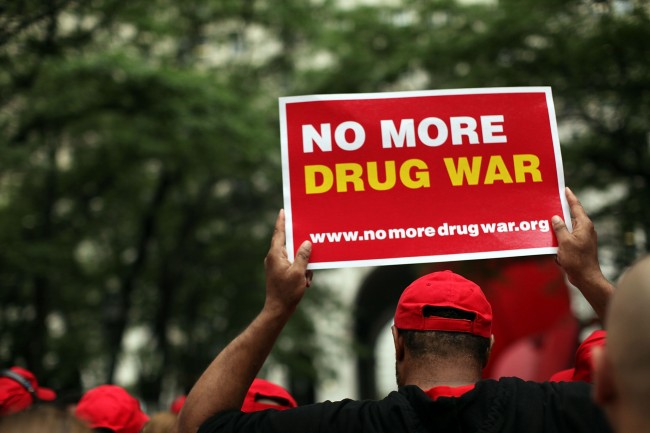
An awakening is occurring, the U.S. is finally getting on the right path, can we end the war on drugs?